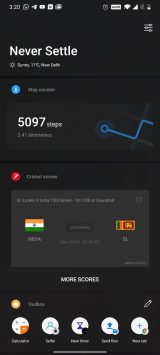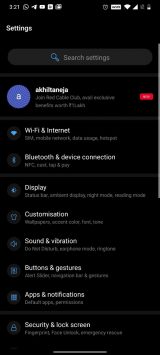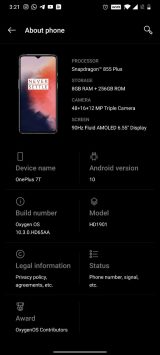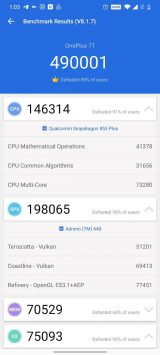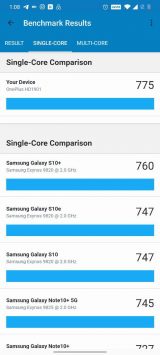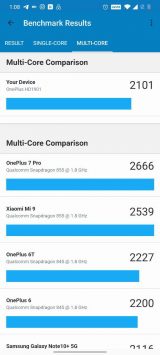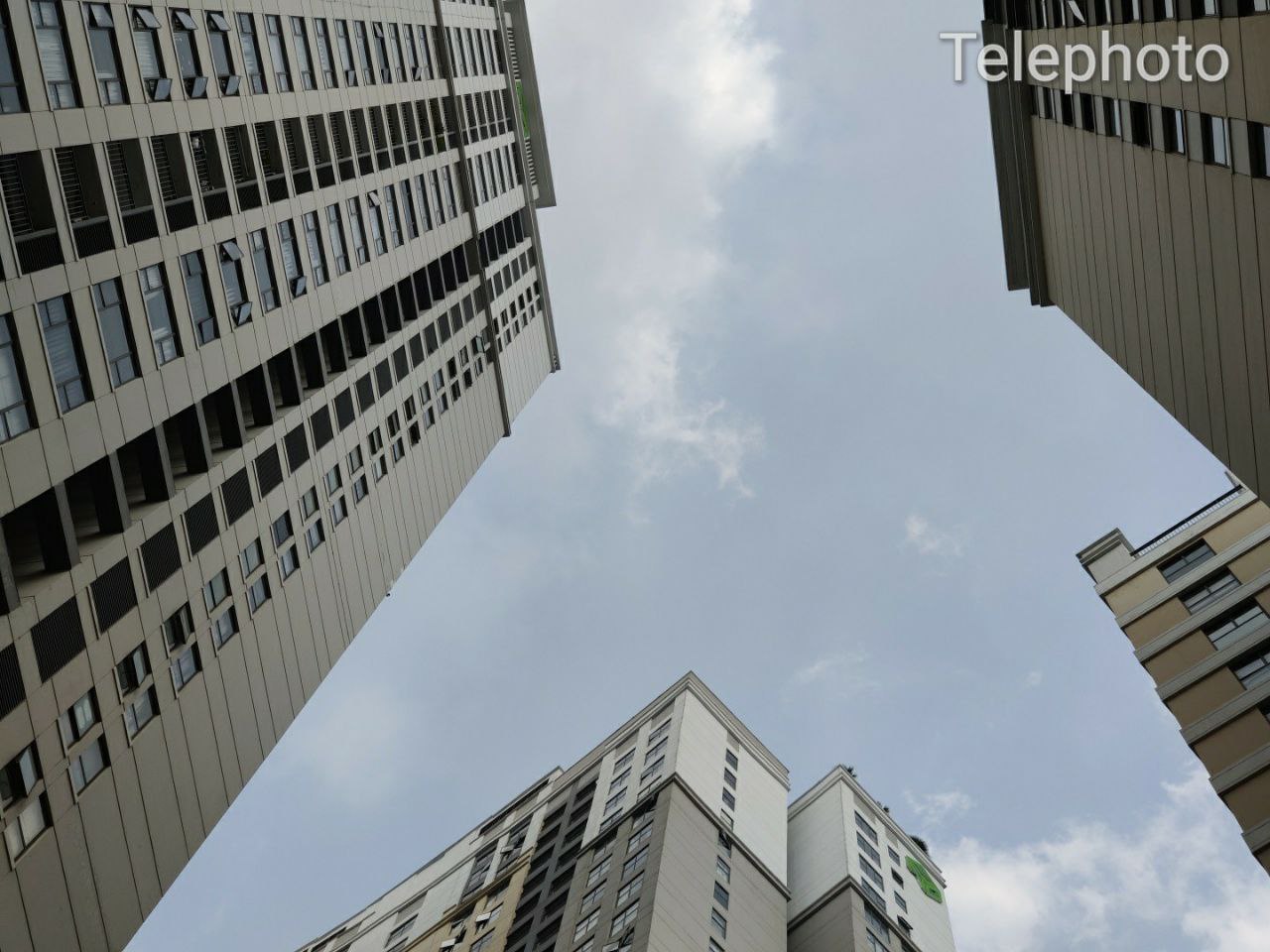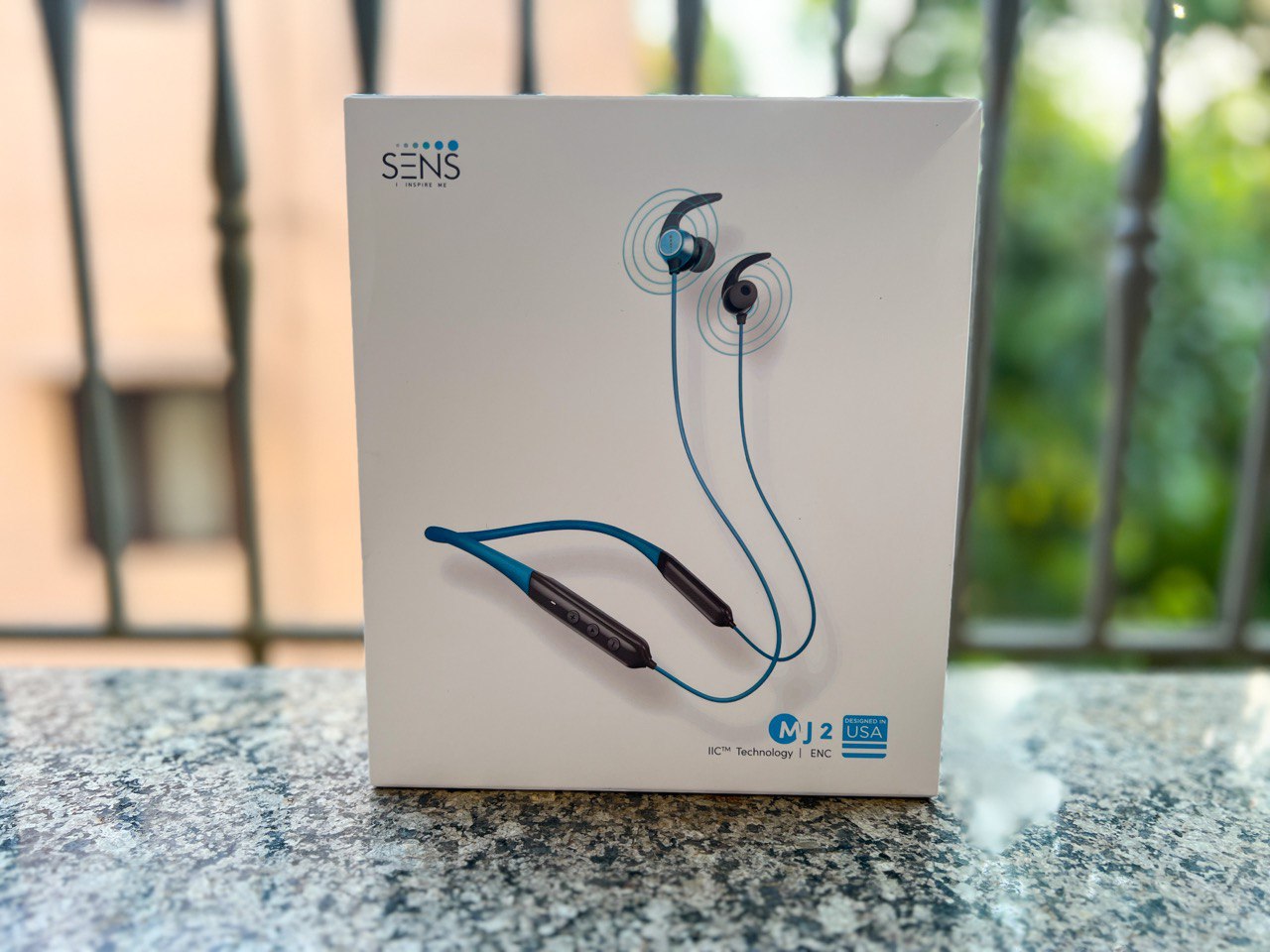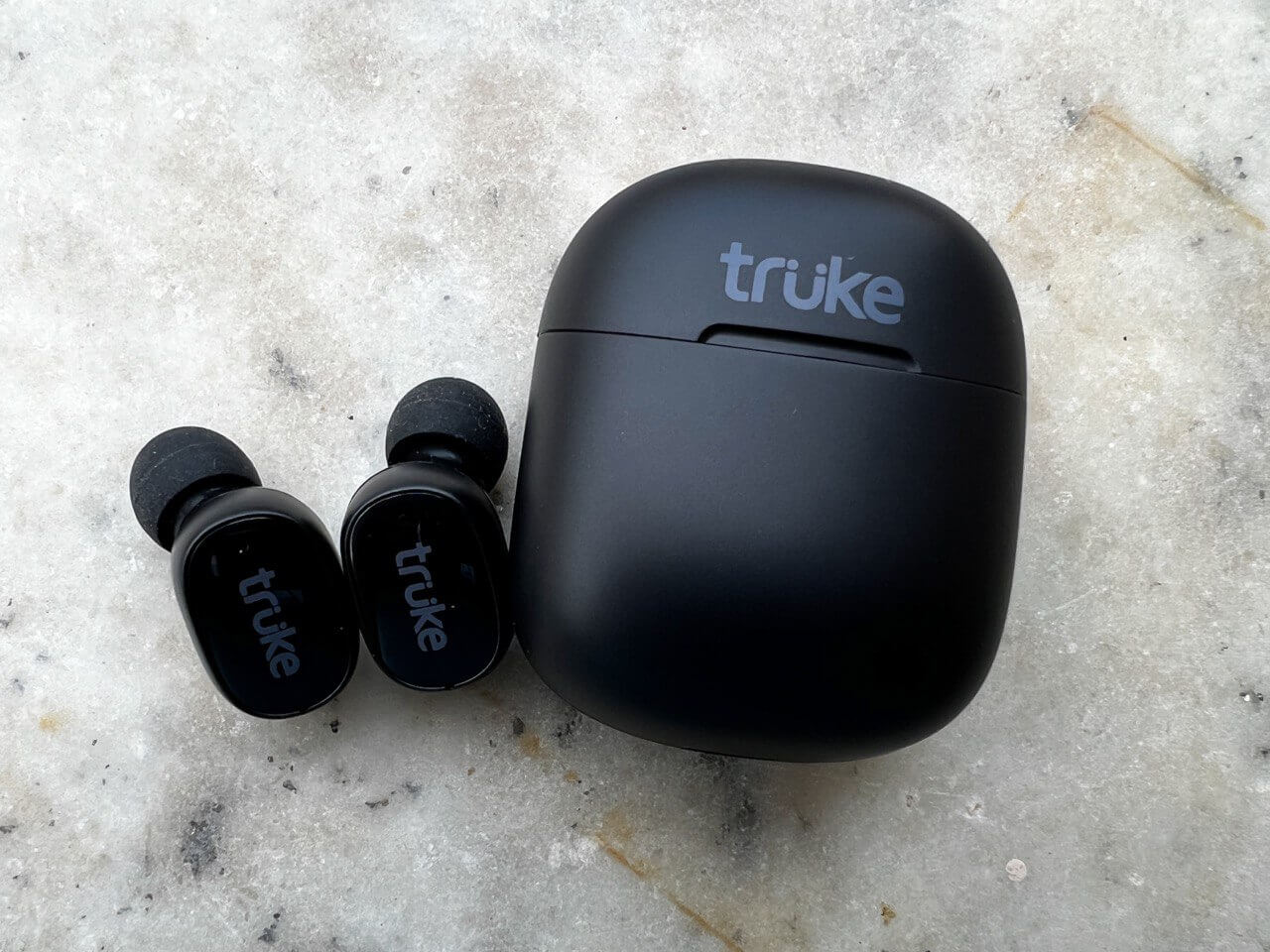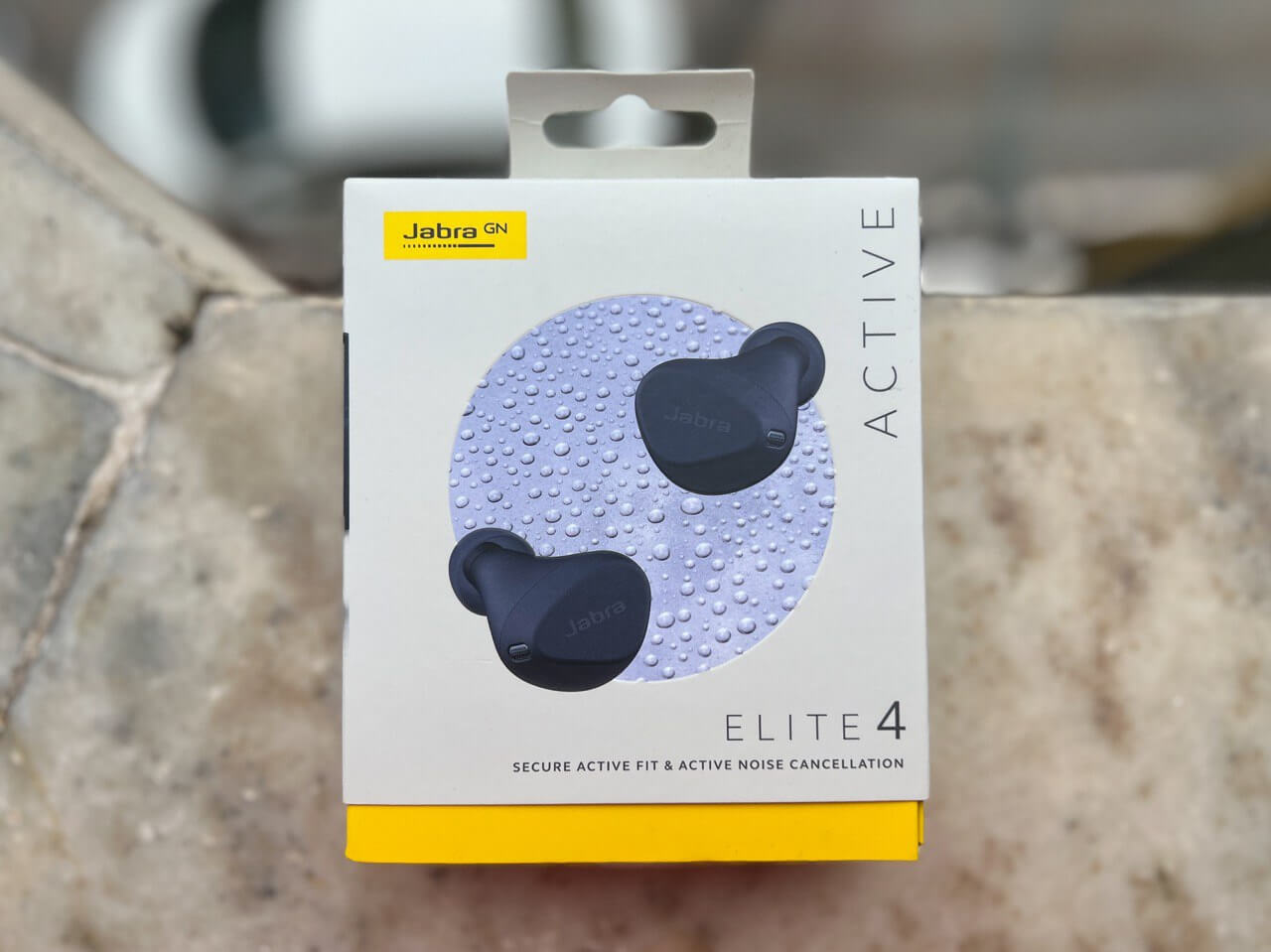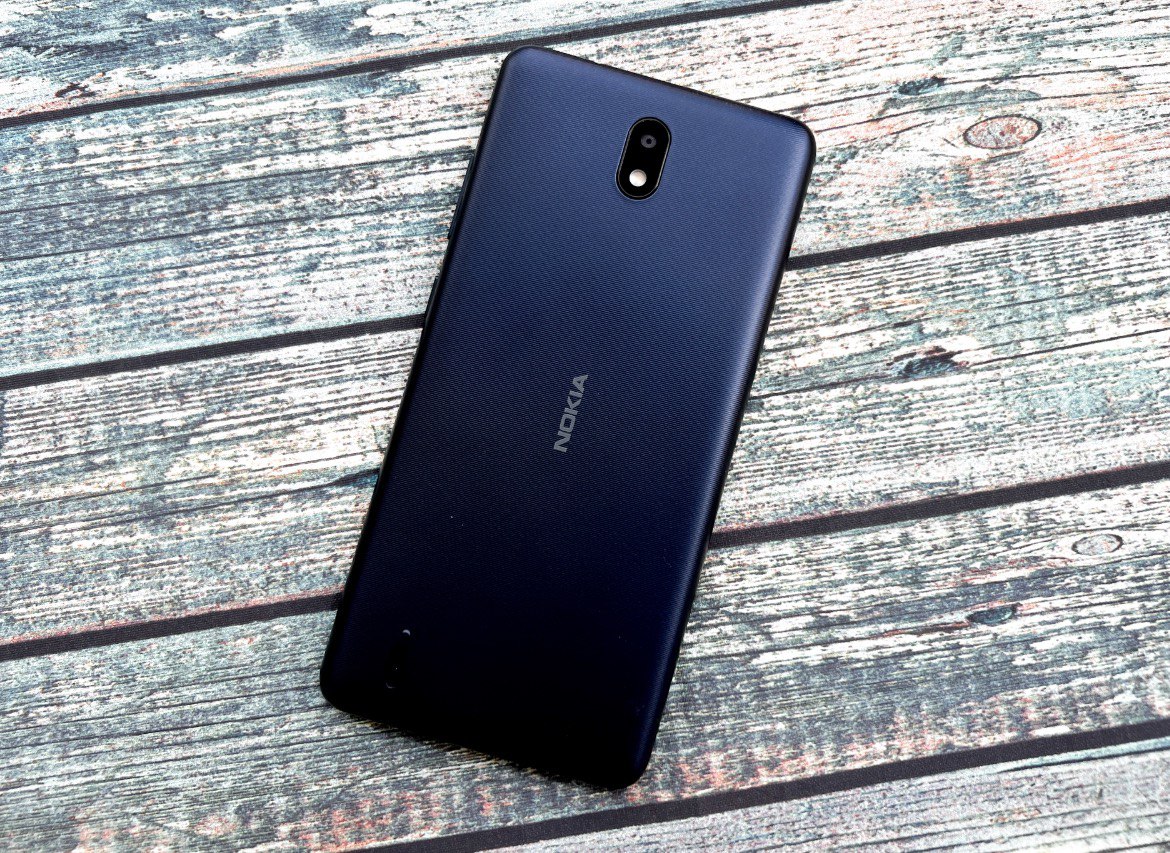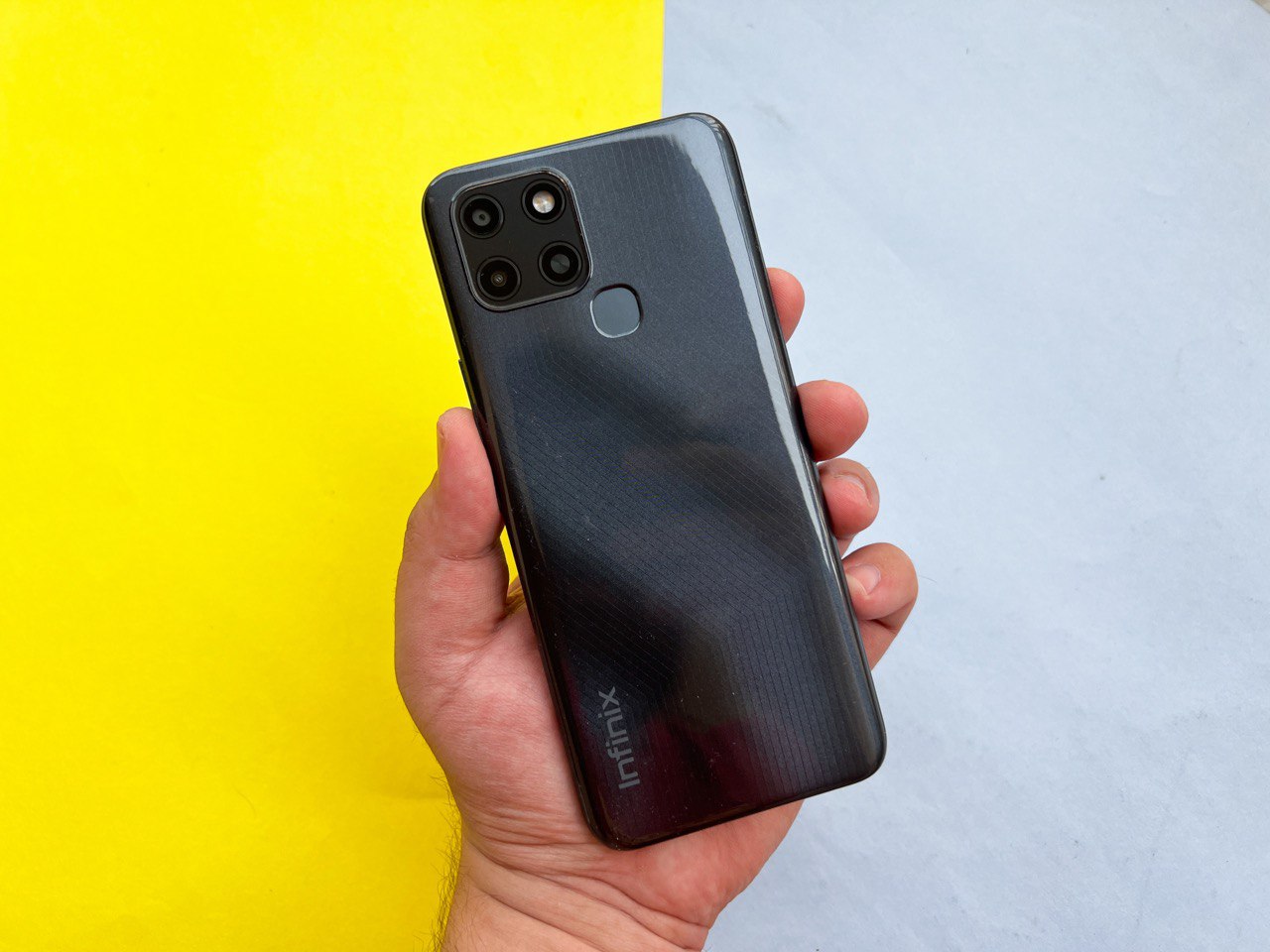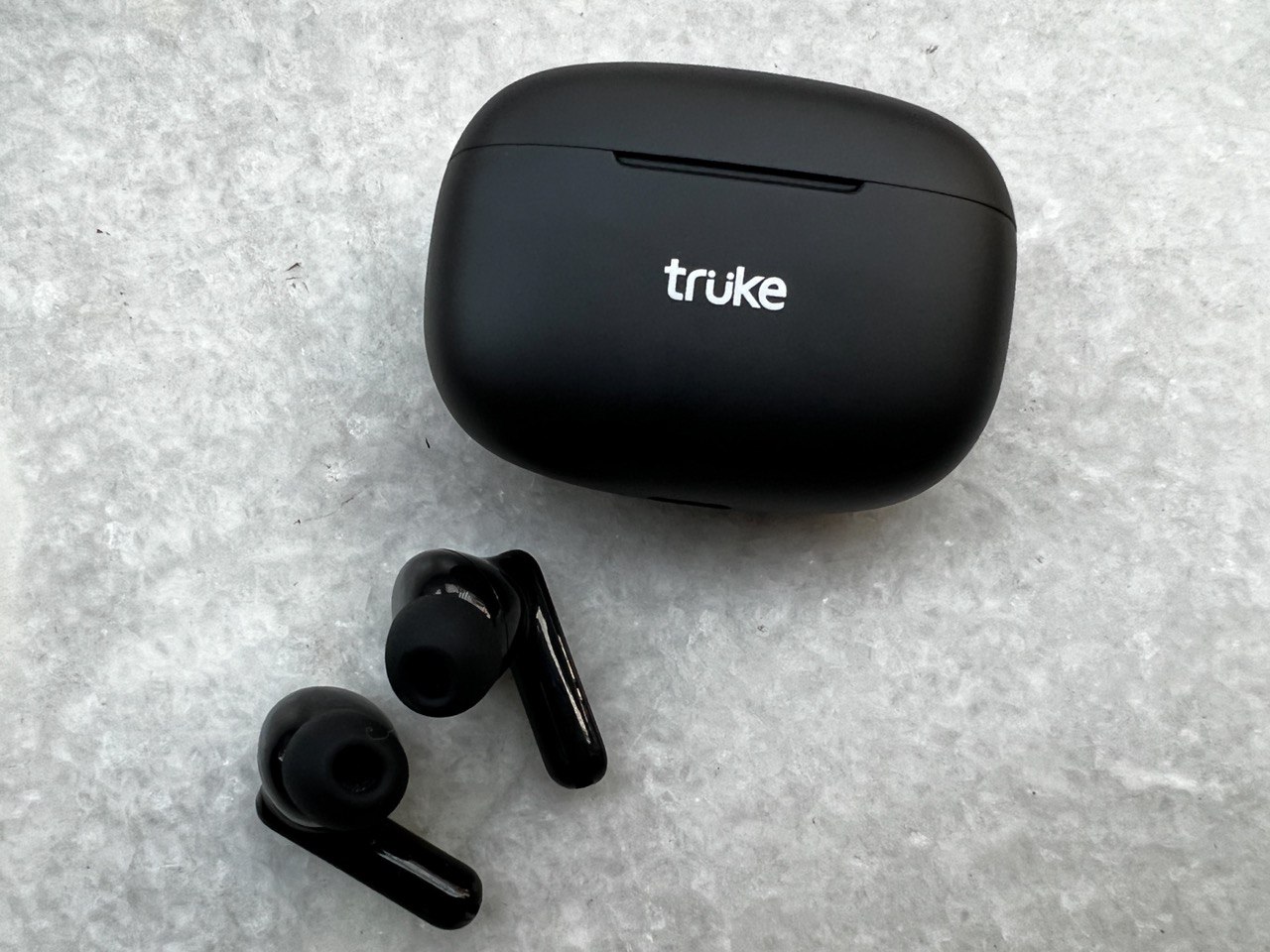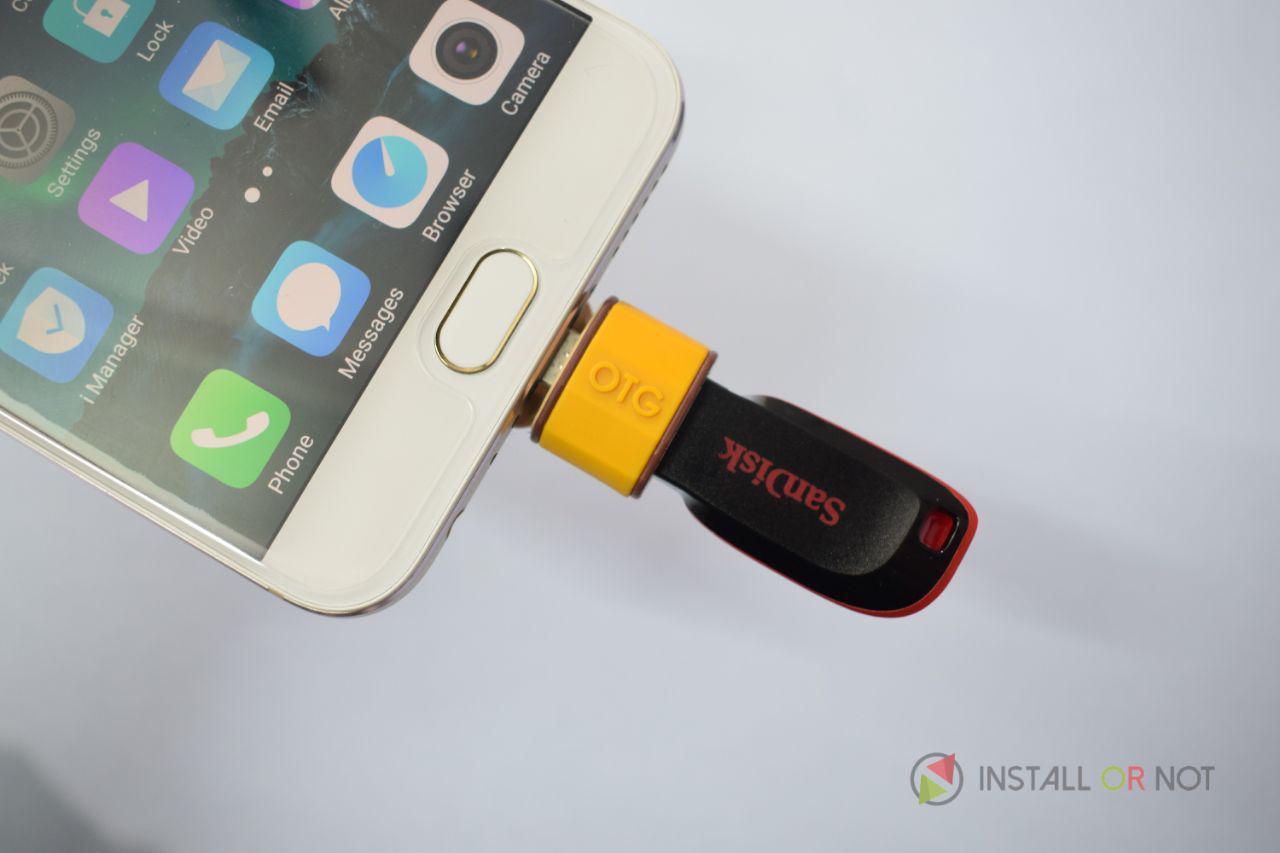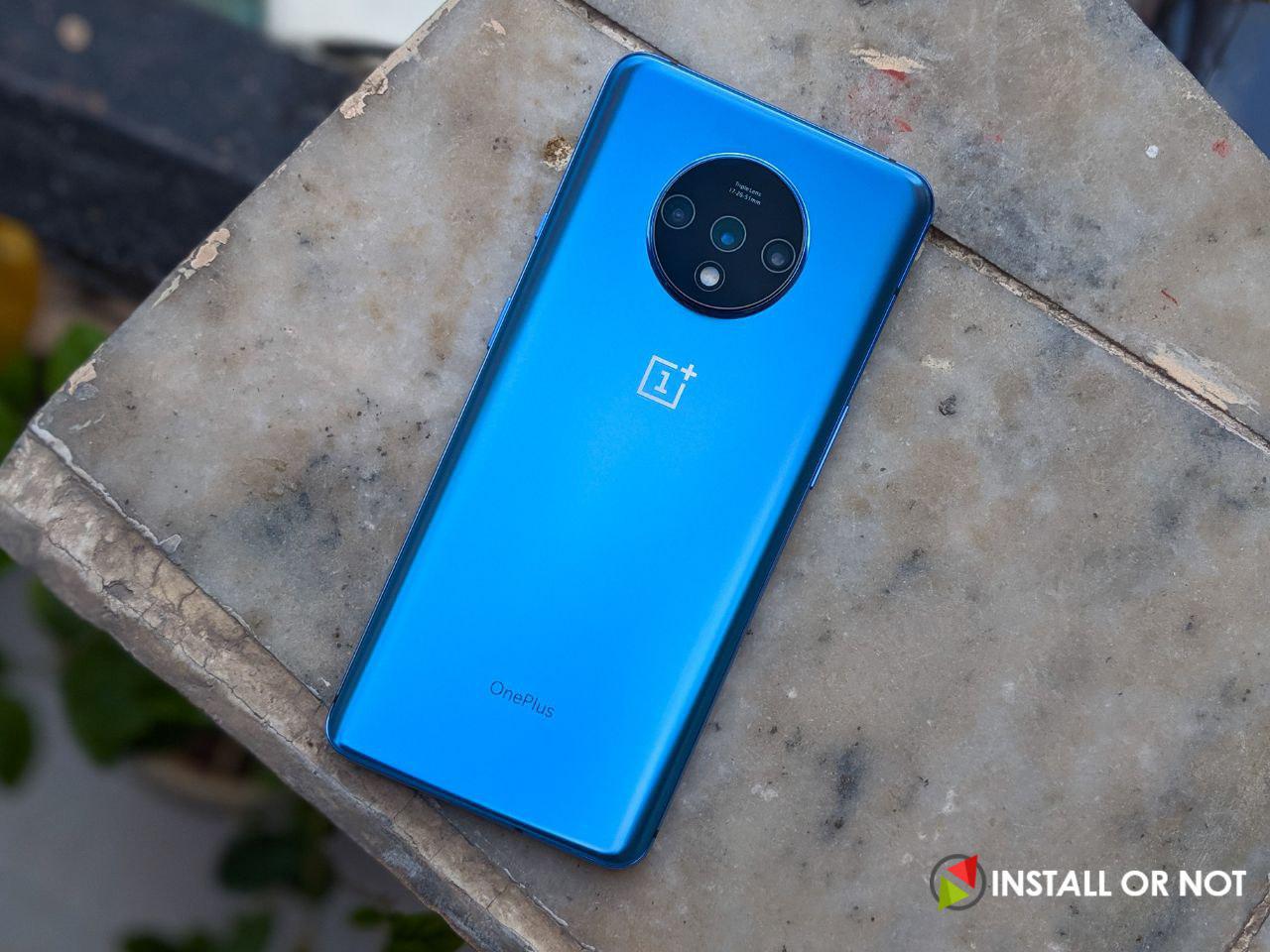
OnePlus, unlike all the years, this time, they launched a different series altogether consisting of four different phones in a single calendar year. The OnePlus 7T is launched along with the OnePlus 7T Pro and the 7T is the biggest update over the OnePlus 7 when compared to the 7T Pro over the 7 Pro. Smartphones these days lack one or the other features taken in any particular price segment which puts them down. The OnePlus 7T, on the other hand, excels at everything on sheets from numbers of performance to its pricing. Well, what makes it the Smartphone of the Year, let’s find it out in my OnePlus 7T review.
Design (A Piece of Jewelry)
As soon as you get hold of the device, you can feel that it’s a OnePlus device. If you are savvy enough, you can guess it’s a OnePlus even if you are blindfolded. With the design language, OnePlus never looks down and gives its everything to make it look like a premium device. The same is the case with the OnePlus 7T, it’s teardrop notch, lengthy footprint, and the sloping 3D glass back.
On the front, you have a huge 6.55-inch display with a bit of chin and almost no bezels. The earpiece is just above the teardrop notch with a horizontal grill design and inside the notch are also the sensors. Turning the device to the opposite side, you will completely see a new device unlike any other OnePlus before. There is this huge circular triple-lens rear camera setup on the back which also houses the LED flashlight, and if you say it remembers you of any Moto device, I’d say you are not that observant.
The camera bump is upped compared to the OnePlus 6 and 6T just like all the devices in the OnePlus 7 Series. Although this bump arises concern about rigidity and durability, I can say that I put my phone down anywhere irrespective of the place where it’s put and I can’t see any kind of scratches whatsoever. And just below the camera module is the typical OnePlus logo on the sloping 3D glass back.
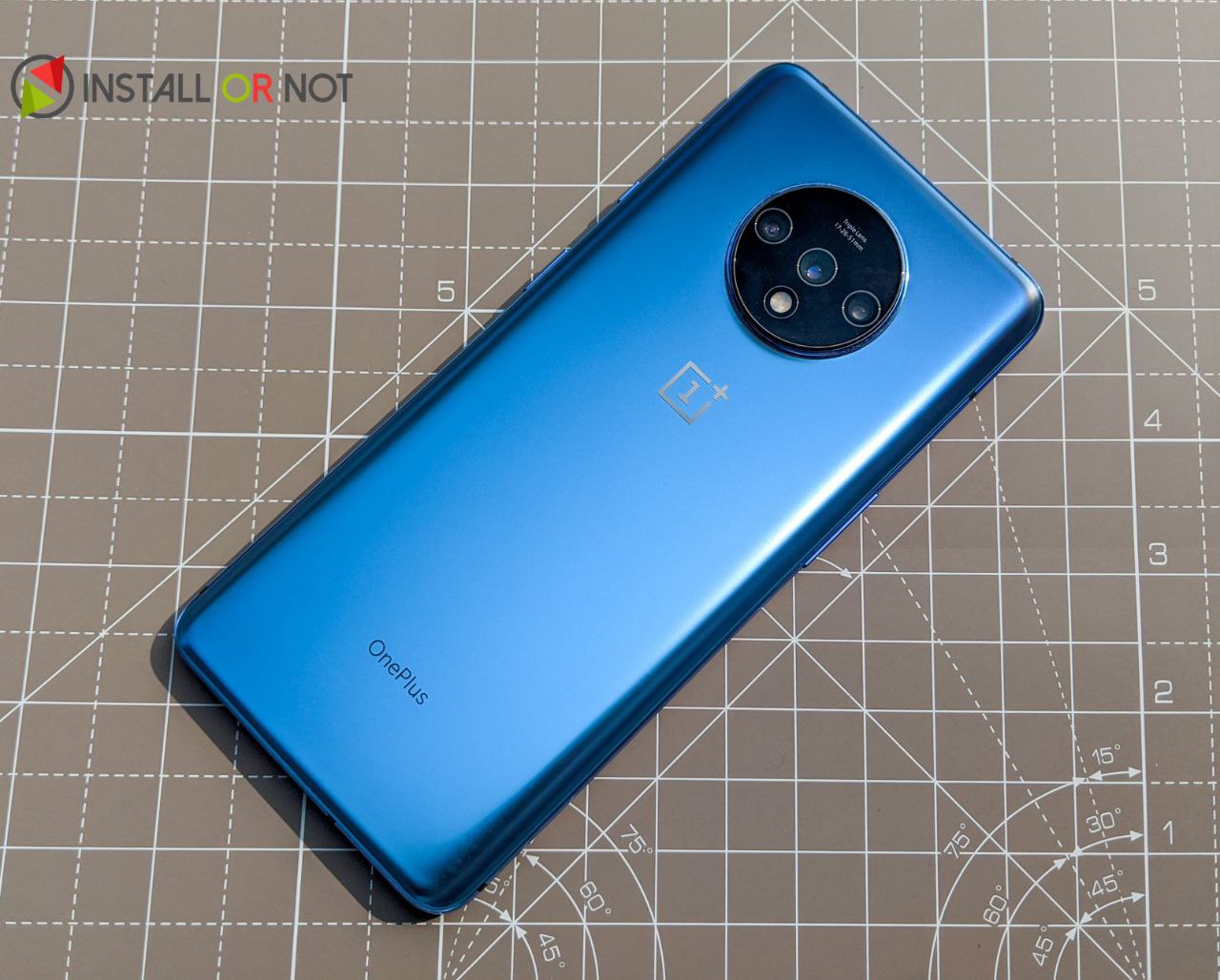
Coming to the buttons, the power button is placed on the right panel below the alert slider and volume rockers on the left panel just like other OnePlus devices. The SIM tray is placed on the left panel and could equip two SIM cards. On the top panel, we have the secondary noise-cancellation microphone and on the bottom panel, we have the two grills out of which, one is a primary speaker and microphone, and the USB Type-C charging port. Sadly, OnePlus dropped the inclusion of a 3.5mm headphone jack from the OnePlus 6T.
Overall, the buttons feel really great to click, tactile and the feedback is good too. The new vibration motors feel so good and the phone just clicks perfectly in your hand when you hold it. The fingerprint sensor is moved upfront, comes as an in-display fingerprint sensor and works pretty well. The work on design here is just excellent and the device is just looks and feels so good.
Display (This is how a 1080p panel should be)
The OnePlus 7T comes with a huge 6.55-inch FHD+ panel and as called by OnePlus, the Fluid AMOLED display which they introduced from the OnePlus 7 Pro. It comes with a 90Hz refresh rate and the saying is indeed true that once you use a 90Hz display phone, there’s no going back. You can literally feel the smoothness even if you scroll down the status bar. This 90Hz display, when compared to others like the iPhone’s own Super Retina XDR Panel, is indeed a win for me.
The device, on the whole, feels fast to use because of this display and thanks to some games which support a high refresh rate, the gaming is taken to the next level on this device. The color reproduction is impressive, thanks to the HDR10+ and the brightness levels are good too with the peak at 474 nits. It can be used in broad daylight but struggles a bit like any other device under direct sunlight.
In the settings, you can choose from a variety of color profiles or can build your own too. Out of the box, the OnePlus 7T gives out more saturated colors like all the OnePlus devices and it is so good. Overall, the display is something you would want to pick this phone for if not for its other aspects, because, it’s buttery smooth!
Software (2nd Best OS for smartphones after iOS)
The OnePlus 7T comes with OxygenOS 10.0 out of the box based on Android 10 which is a great deal and the promises of further Android updates are also satisfying. In terms of features, OxygenOS is very user-friendly and is one of the best custom UI of all. It is feature-rich, has loads of customization options, and with the recent updates, OnePlus pushed out design updates to many of its apps.
The OxygenOS comes with a newly refreshed stock Gallery app, faster and secure face unlocking and fingerprint sensor unlocking including a Zen mode which allows the users to lock out the phone for a certain period except for calls and camera. With the Android 10 update, OnePlus also adopted Google’s new gesture navigation system easily without any issues. Although other OEMs have provided the Android 10 update, they weren’t successful to bring the native Android 10 navigation as OnePlus did.
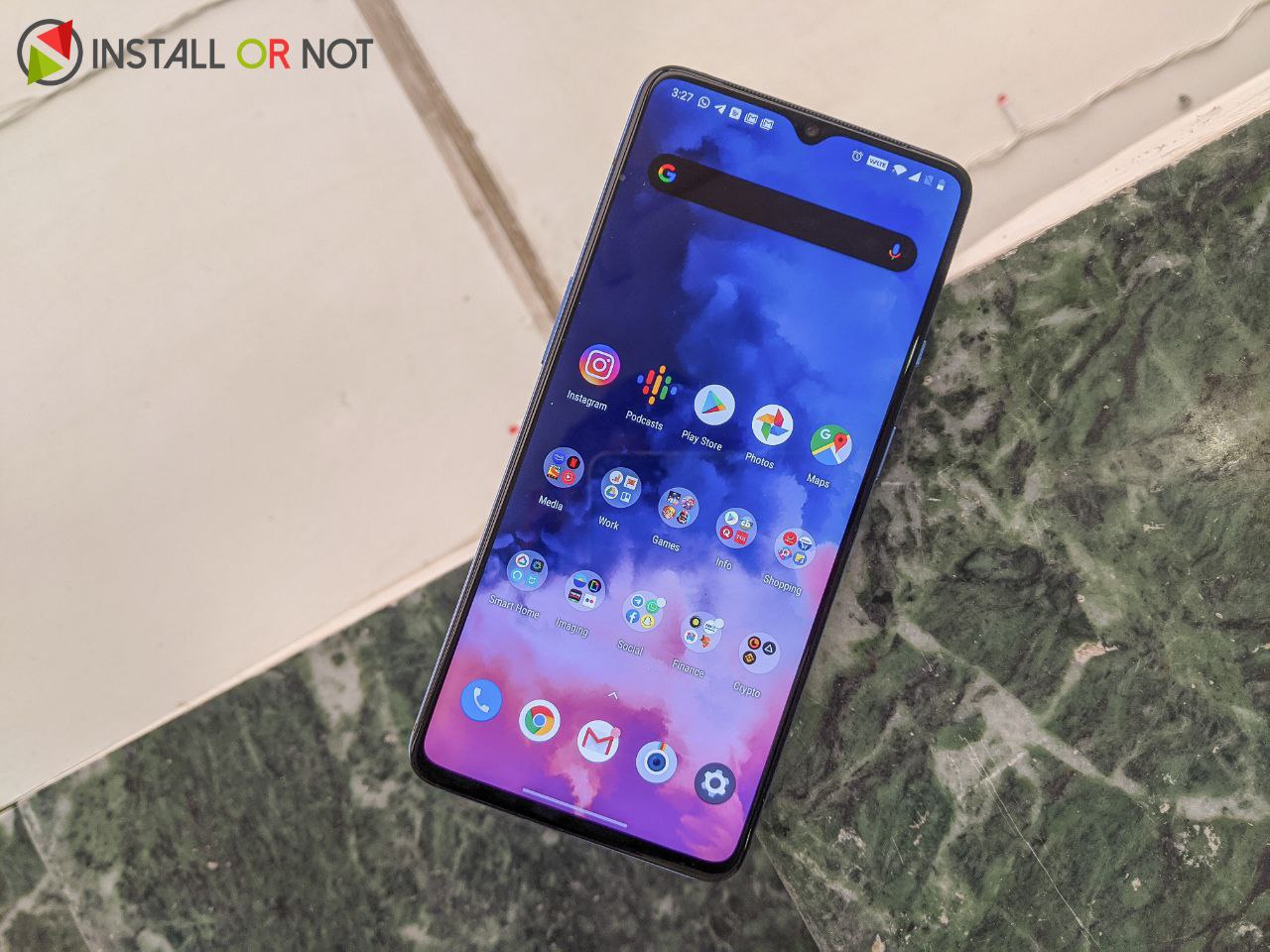
Other extra features like the app lock, scrolling screenshot, Quick launch, and hiding apps feature has been here in OxygenOS for a while and to add to that, with Android 10, it also got the Dark Mode, which is a long-awaited feature. On the whole, OxygenOS is one of the strongest pillars in OnePlus’ journey and is nothing to complain about when it comes to the OnePlus 7T.
Performance (Redefining Ultra Smooth)
The OnePlus 7T and the 7T Pro comes with the Snapdragon 855 Plus under the hood. The only slightest difference between the Snapdragon 855 and the 855 Plus is the Prime core’s clock speed which is higher and also, the Adreno 640 GPU with the 855 Plus is capable of 15% faster rendering of graphics which makes the gates open for the best gaming performance possible here.
The OnePlus 7T plays comfortably and handles any number of multiple tasks pretty easily without any lag whatsoever. The 8GB of RAM combined with the chipset here makes the most out of the device in terms of performance. In my tests, the device never ceased to amaze me with its speed. With multiple tabs of browsing, heavy games in recent apps including other streaming apps, the OnePlus 7T never slowed down to my surprise.
Coming to gaming, I played PUBG Mobile and Call of Duty Mobile at their highest graphics settings possible and never did I face any kind of frame drop or rendering issues. The gameplay is so smooth, thanks to the chipset and more importantly, the 90Hz display. Talking about other games, I don’t even have to talk about the performance because the PUBG gameplay says it all, the games run impressively smooth and fast. Below are the scores of various benchmark tests for you to check.
Cameras (Not Pixel but better than the rest)
Finally coming to the most-awaited aspect, the cameras, the OnePlus 7T comes with a triple-lens rear camera setup with a 48MP primary Sony IMX586 sensor with f/1.6 aperture with OIS and EIS, a 16MP 117-degree ultra-angle lens with f/2.0 aperture, and a 12MP f/2.4 aperture telephoto sensor for 2x optical zoom. On the front, you get the same 16MP selfie shooter you get in the OnePlus 7 series.
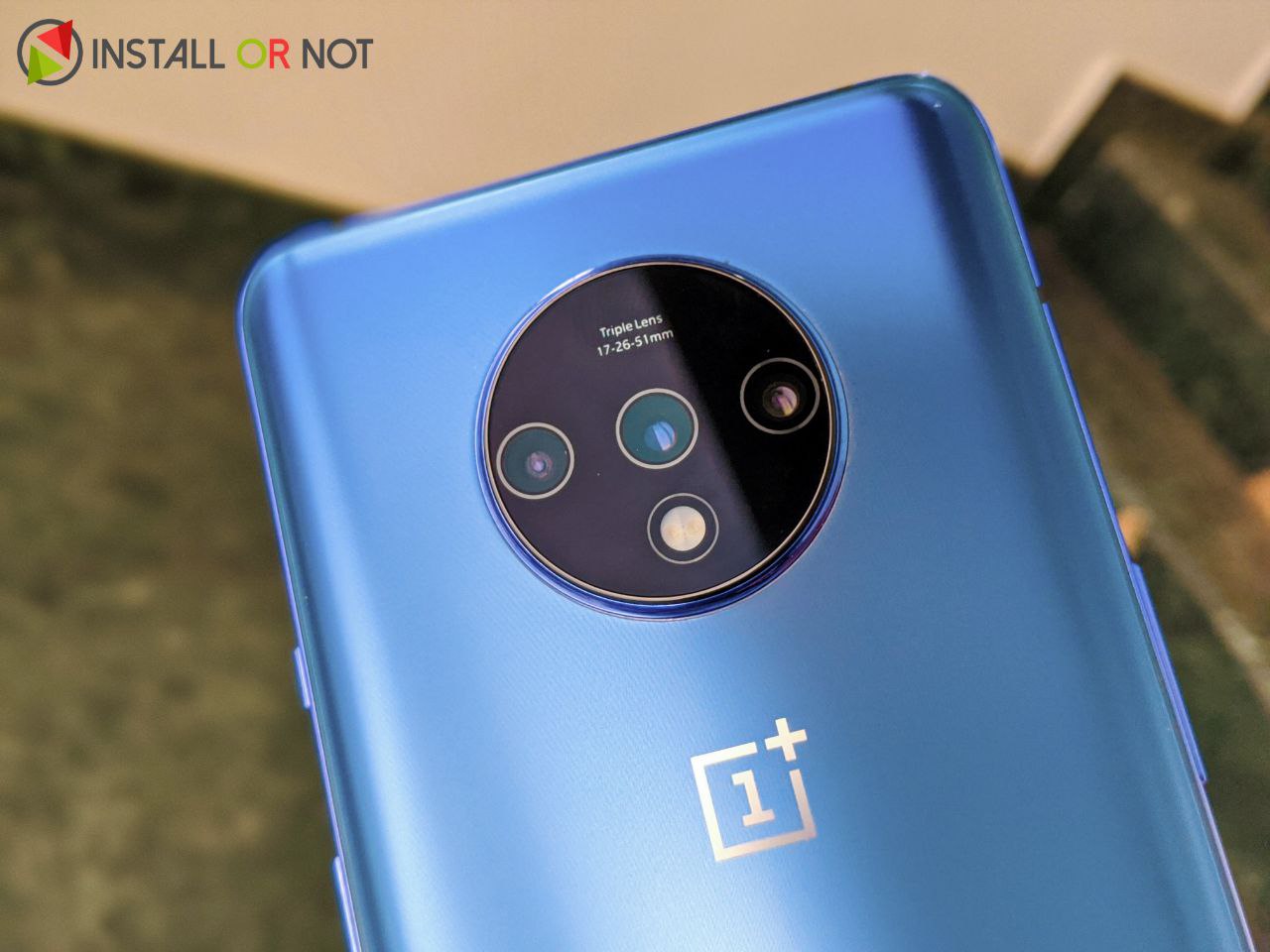
The stock camera app comes with all the basic features where you can toggle between all the three lenses and choose other modes like time-lapse, Pro mode, NightScape, Portrait, etc. You can choose all these modes by swiping up from the bottom and there is also auto HDR mode which gets enables based on the scene.
The photos taken with the primary sensor come out magnificently well in good lighting conditions and colors also look impressive. The photos are combined using pixel binning technology, which as a result, gives out a final 12MP output. To really check the dynamic range, you can get out there and click some photos that include clouds in daylight.
The ultra-wide-angle lens gives a decent amount of dynamic range, and gives a good view of what’s around but lacks in detail when compared to the primary sensor, obviously. The colors are not up to the mark and there is a huge difference between the colors produced in the images taken with the primary sensor and this lens. Moreover, there is some imbalance added to the photo in its edges in a wide-angle-lens shot. Hopefully, these seem to be software-related issues and OnePlus fixes them in future updates.
The telephoto lens is here to offer the 2x optical zoom and the images did come out pretty good given good light conditions. When compared to the basic iPhone 11 which lacks a zoom lens, the OnePlus 7T’s telephoto 2x optical zoom lens captures better images in terms of details. Also, the ultra-wide-angle lens here doubles up as a macro lens so you can take some amazing DSLR quality macro shots.
Talking about the portrait and the nightscape mode, the stock camera app does pretty good for the expectations but can’t match with the abilities of an iPhone 11. The edge-detection is on par but you can unlock more capabilities with the GCam mods. Same is the case with the NightScape mode; the details are bitten out trying to reduce the noise but the quality is up to the mark. Definitely, the stock camera app does not unlock all the capabilities of the 7T’s camera, you can try out the Google Camera mods to achieve unbelievable results.
[embed-google-photos-album “https://photos.app.goo.gl/kfK8fsWXWzY3HwDm6”]
The selfies are also good in quality, details, and colors and the portrait selfie mode is also decent. But as I said before, to use the cameras to its core, it is always better to try the GCam mods. Overall, the OnePlus 7T is one of the best camera smartphones out there available right now. You can check out the samples for yourself below.
Battery
The OnePlus 7T is packed with a 3800 mAh battery which is more than enough considering the fast charging technology OnePlus has. Talking about battery life first, for a hardcore user like me, I averaged about 5 to 6 hrs of SoT which is pretty good considering the heavy usage that included some gaming, video streaming, browsing, and social media for the most part.
Although you may think that 90Hz display might consume more battery, it doesn’t affect much and if someone is as concerned regarding this, simply turn down the refresh rate to 60Hz which will save some juice. And with the new Android 10, you can independently choose for every app when to give several accesses that the app needs. Android 10 also has an adaptive battery feature that will monitor the usage and save the battery at its best.
The OnePlus 7T does not support wireless charging sadly, but it shouldn’t matter because the new 30T Warp Charge is really quick. The device charged from 0% to 66% in about 30 min in our tests that match the numbers claimed by OnePlus. Overall, if you are a user coming from a OnePlus device previously or from any other device, you would totally love the charging ability of the OnePlus 7T.
Verdict: OnePlus 7T Review
The OnePlus 7T is priced at Rs. 34,999 for which you get the best of every aspect of the phone. Take the 90Hz display and you can just never let go of it later. With the latest Snapdragon 855 Plus, performance is always at peak and the cameras as exceptional given you have the hands to take those perfect snaps. The only downside which is not actually it is that it doesn’t come with a proper IP certification and wireless charging. If you are someone looking to buy a smartphone at this price, the lack of these features shouldn’t really bother you. That’s what makes the OnePlus 7T, the smartphone of the year 2019 for me.


